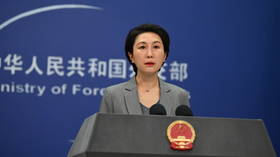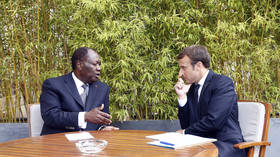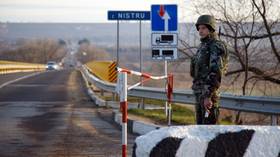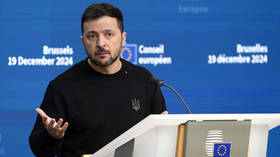US counters ‘Russian messaging’ in the Baltics with $500k ‘innovative’ journalism program
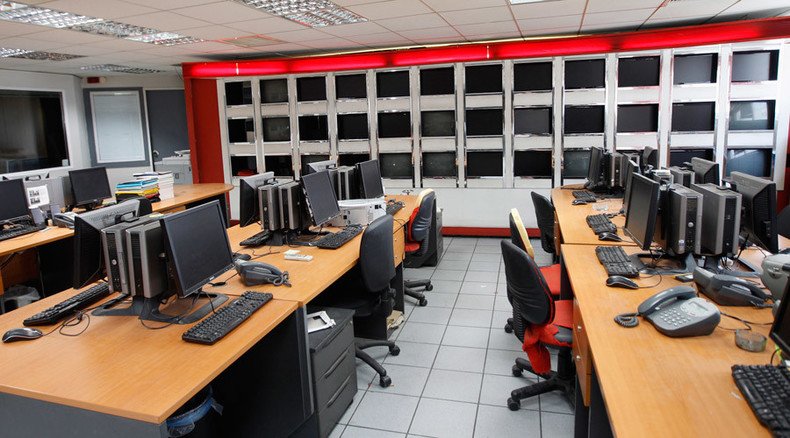
In order to counter what it delicately called “Russian messaging,” the US State Department has announced a $500,000 grant to a non-profit that offers an “innovative” journalist training program for “credible” news reporting in the Baltic states.
Washington has announced, via its embassy in Lithuania, that public and private non-profit organizations have until the end of August to apply for the grant entitled “Investigative Journalism Training to Counter Russian Messaging in the Baltics.”
The program offers financial aid for the training of early-career Russian-language journalists in Lithuania, Latvia and Estonia so they can become providers of a “fact based and credible” take on world events.
READ MORE: EU drafts plan to counter Russian media ‘disinformation’, targeting RT
“As Russian propaganda and misinformation multiplies, the media in all three countries need the skills and tools to counter it with fact-based, credible news reporting,” the embassy’s announcement reads.
The US State Department aims to improve “training and tools to increase journalists’ ability to counter Russian media messaging and misinformation.”
READ MORE: For propaganda & 'democracy promotion’: State Dept seeks budget to counter RT
The “ideal” program, as the US government sees it, should inspire its apprentices to pursue “realistic investigative reporting project ideas” with “cash reporting awards.” The recipient of the grant would be responsible for administering the program “in consultation” with the US embassies in Lithuania, Latvia and Estonia.
READ MORE: Head of US state media put RT on same challenge list as ISIS, Boko Haram
Part of the training could be conducted in the US where candidates would visit American news networks and journalism faculties so they could be better equipped for the “digital age.” The recipient must ensure the connection with and integration of the fresh graduates into “ongoing networking” both among the three countries and with the US.
One of the main goals of the US State Department is to make sure that the results and “strengths of the program” eventually spread beyond the 12-month period covered by the grant.
The US is not the only nation that sees the Russian side of the story as a threat to the narrative fostered in the mainstream media or gets irritated by coverage of stories that are often neglected or misconstrued.
Just last month Poland and the Netherlands announced that they are joining forces to counter so-called “Russian propaganda” with a new Russian-language “content factory,” that will offer TV, radio, and online content in the Russian-language across the countries of Eastern Europe, including Russia.
In the past, Russia's Foreign Ministry has criticized information warfare initiatives to target so-called Russian propaganda. According to the ministry such activity is “clearly aimed at pushing out Russia’s presence in the international media field.”



